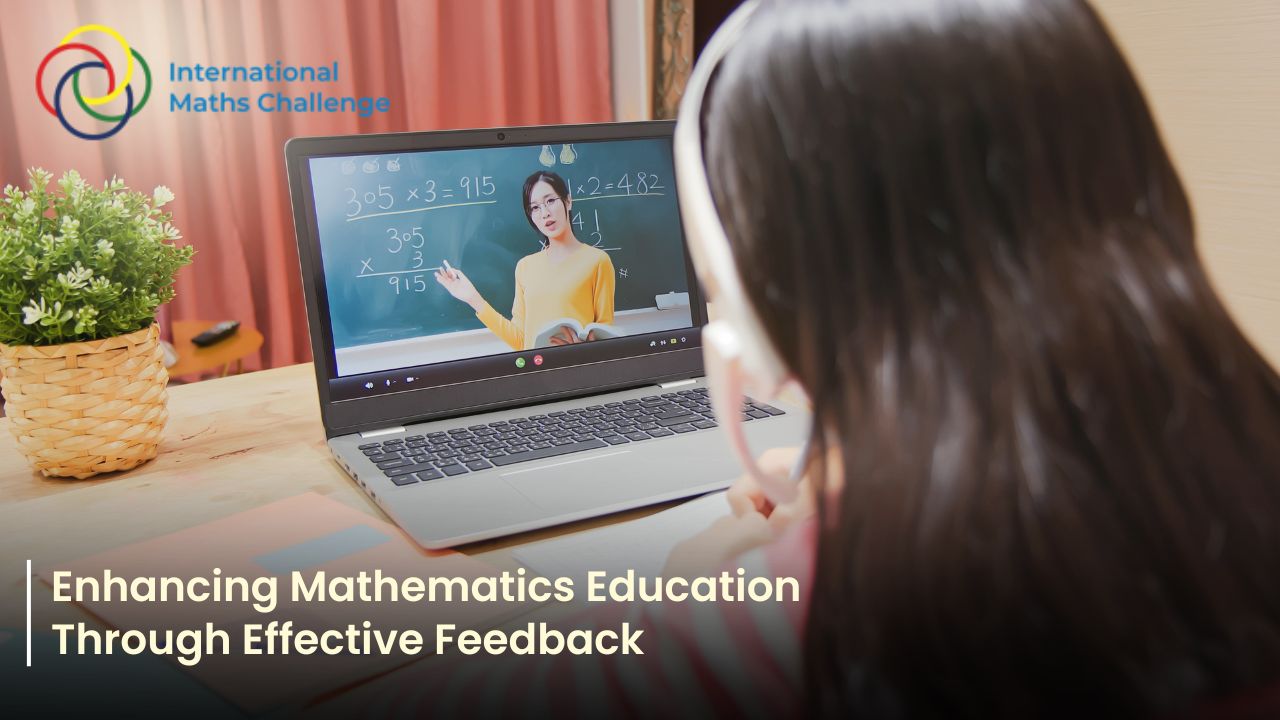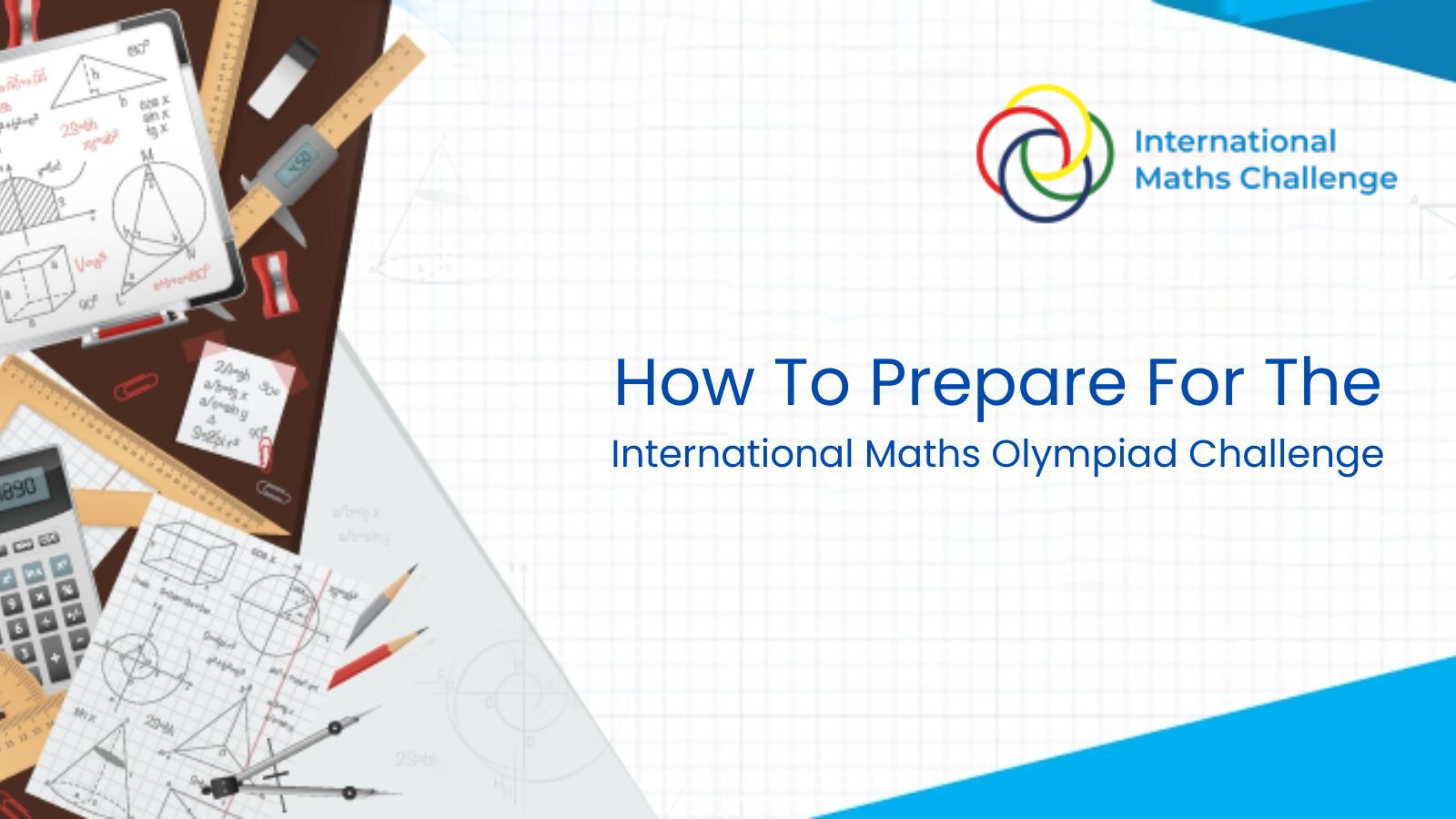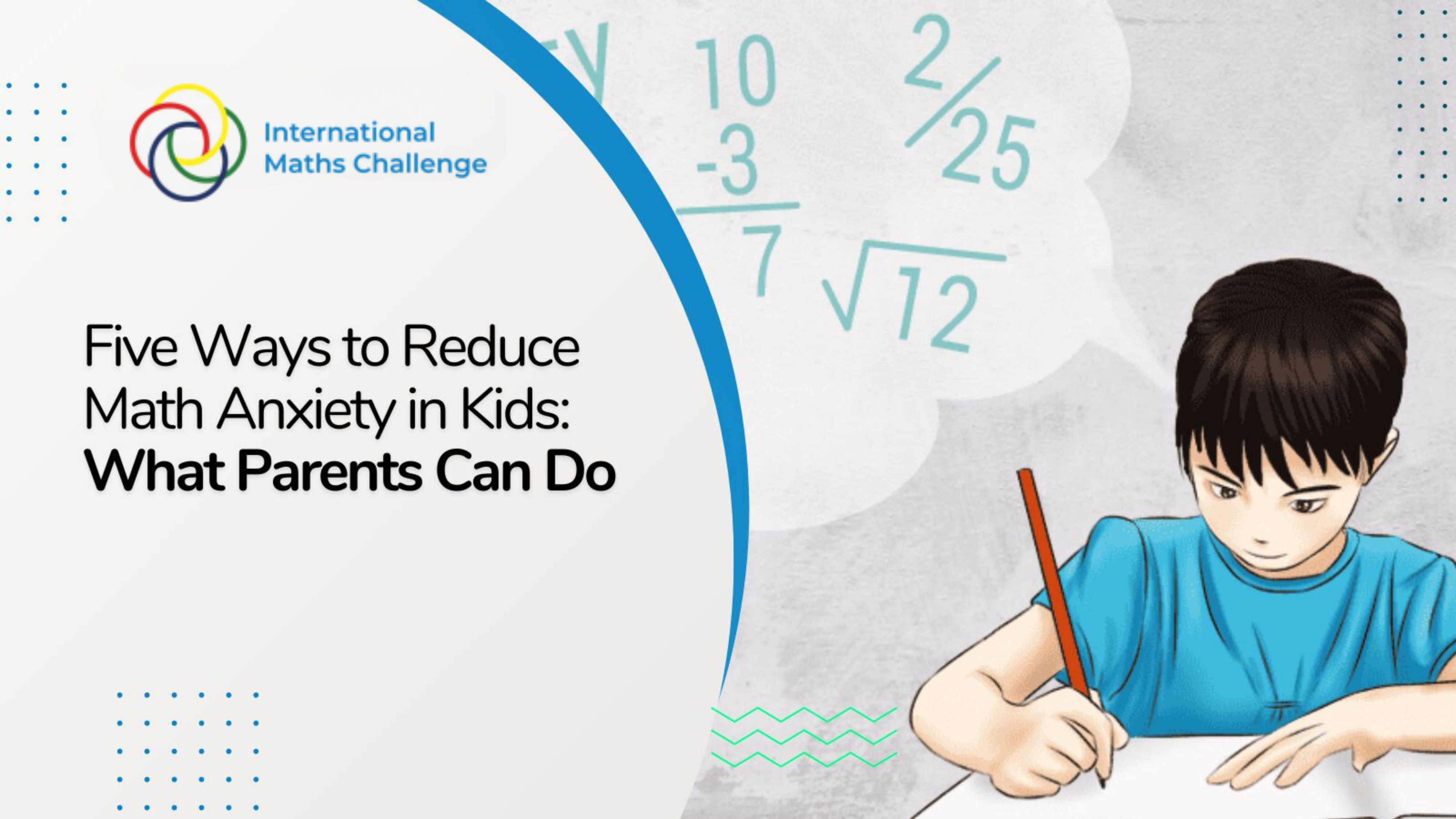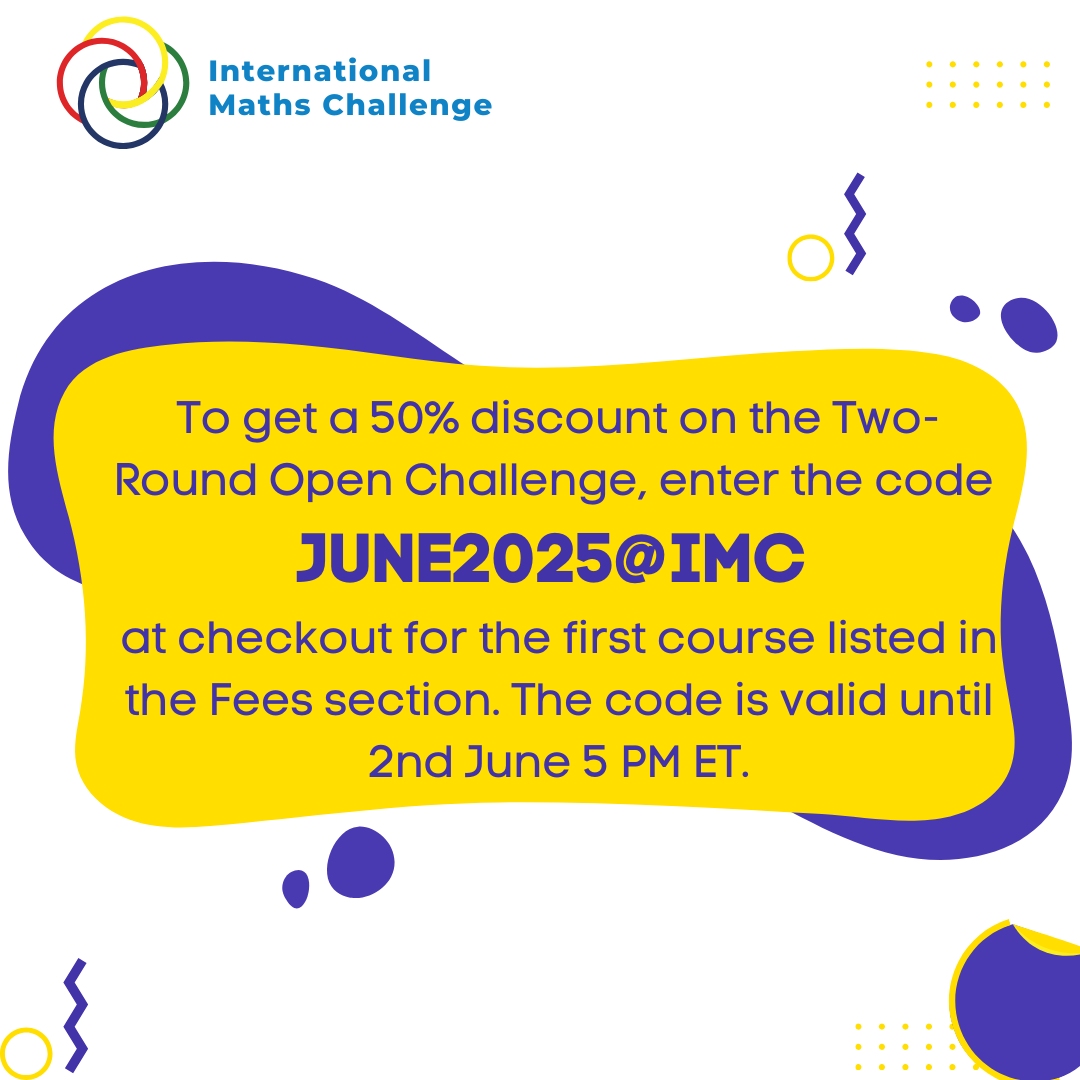Feedback plays a vital role in mathematics education, guiding students toward deeper understanding and fostering a supportive learning environment. This article delves into the importance of specific and actionable feedback in mathematics education and explores strategies for both giving and receiving feedback effectively.
Understanding Feedback:
In mathematics education, feedback transcends mere praise or criticism—it is a nuanced tool for academic growth. Effective feedback should be clear, and concise, and provide guidance for improvement. It should highlight students’ strengths, address any misunderstandings, and offer actionable steps for progress.
Key Components of Effective Feedback:
Specificity: Feedback should pinpoint areas for improvement and clarify the path to success. Students need to know precisely what they need to do to enhance their understanding.
Actionability: Feedback should be actionable, outlining steps for students to move forward. This empowers students to take ownership of their learning journey.
Importance of Feedback:
Feedback serves multiple critical purposes in mathematics education:
Promoting Learning: It catalyzes academic growth by guiding students towards deeper understanding and mastery.
Building Motivation: Constructive feedback inspires students to strive for excellence and fosters a growth mindset.
Fostering Relationships: Feedback provides an opportunity for educators to connect with students on a deeper level, building trust and rapport.
The Human Element: Empathy and Trust:
Effective feedback is rooted in empathy and trust. Creating a safe and supportive learning environment is essential for feedback to be received positively. Teachers should approach feedback with empathy, avoiding emotional reactions and prioritizing the emotional well-being of their students.
Integrating Feedback into Planning:
When planning lessons, educators should:
Set Clear Goals: Define learning objectives and success criteria to guide student progress.
Anticipate Misconceptions: Be prepared to address common misunderstandings and provide targeted support.
Establish Trust: Build a culture of trust and openness in the classroom to facilitate effective feedback exchanges.
Feedback Goes Both Ways:
Teachers should be open to receiving feedback from students. Seeking feedback encourages student engagement and provides valuable insights for improving teaching practices. Additionally, teachers can infer feedback by observing students’ understanding and addressing any gaps in comprehension proactively.
Conclusion:
Feedback is a cornerstone of effective mathematics education, fostering academic growth and cultivating a supportive learning environment. By prioritizing specificity, actionability, empathy, and trust, educators can create a feedback-rich classroom where every student has the opportunity to excel in mathematics.




